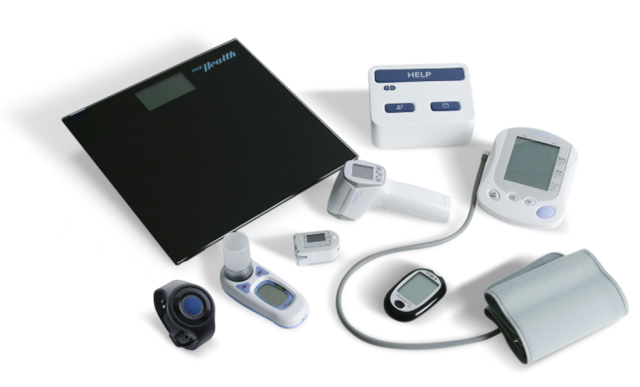Remote Patient Monitoring
lets providers manage acute and chronic conditions even you are away from your doctor
A new era of healthcare has arrived!!
The ability to monitor certain aspects of a patient's health from their own home has become an increasingly popular telehealth option. And it cuts down on patients' travel costs and infection risk.
Remote patient monitoring, also referred to as remote physiologic monitoring, is the use of digital technologies to monitor and capture medical and other health data from patients and electronically transmit this information to healthcare providers for assessment and, when necessary, recommendations and instructions.
Common examples of remote health monitoring devices include continuous glucose monitors that remind diabetes patients to take their insulin, while allowing their physician to monitor the disease, digital blood pressure monitors that enable patients to remotely send physicians their blood pressure and blood oxygen, etc.
